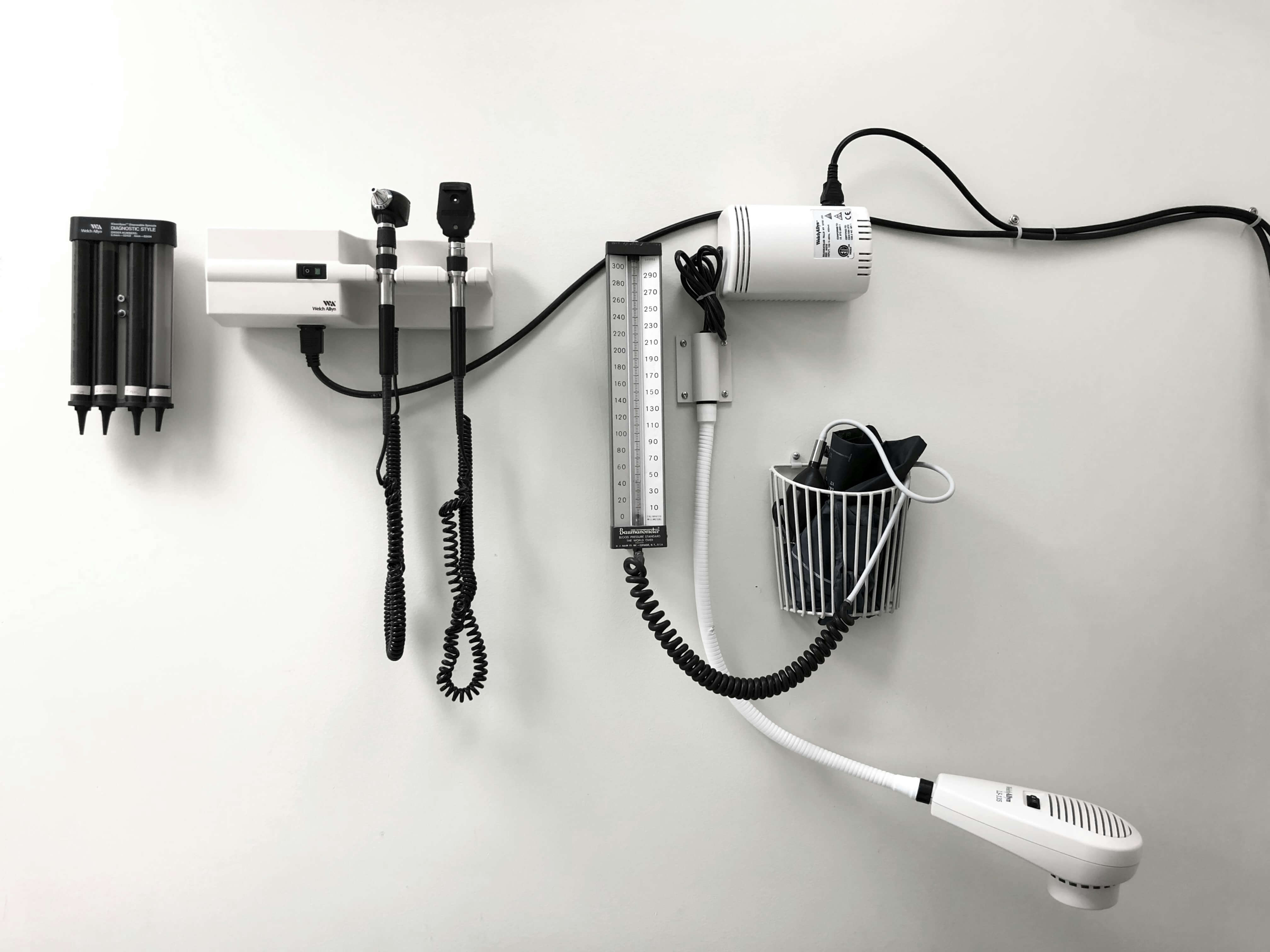Patient Care Technicians (PCTs) play a vital role in the healthcare industry, providing hands-on care to patients and assisting nurses and doctors in various clinical settings. The demand for skilled PCTs has been steadily increasing, making it an attractive career option for those interested in healthcare. One of the intriguing aspects of this profession is the diversity of work environments available to PCTs. In this blog post, we will explore six different places where a Patient Care Technician might work, shedding light on the unique responsibilities and challenges that come with each setting.
Hospitals
Hospitals are perhaps the most common workplace for Patient Care Technicians. In these bustling and dynamic settings, PCTs are essential members of the healthcare team. They work closely with registered nurses and other healthcare professionals to provide direct patient care. Responsibilities can include taking vital signs, assisting with patient mobility, and performing basic medical procedures like wound care and catheterization.
One of the benefits of working in a hospital is exposure to a wide range of medical conditions and patient populations. PCTs in hospitals often find themselves in fast-paced environments, which can be both demanding and rewarding. They must be adaptable and quick-thinking to respond effectively to emergencies and changing patient needs. Furthermore, the teamwork and camaraderie among healthcare staff in hospitals create a supportive and collaborative work environment.
Nursing Homes
Nursing homes, also known as long-term care facilities or skilled nursing facilities, are another common workplace for Patient Care Technicians. These settings cater to elderly individuals and those with chronic illnesses or disabilities who require ongoing care and assistance. PCTs in nursing homes provide personalized care to residents, including helping with activities of daily living (ADLs), such as bathing, dressing, and feeding.
Working in a nursing home demands patience, compassion, and empathy, as PCTs often develop close relationships with residents and their families. They may also assist with recreational activities and therapy sessions to improve residents' quality of life. While the pace may be less hectic than in a hospital, the work in nursing homes can be emotionally taxing, requiring a strong commitment to the well-being of the residents.
Outpatient Clinics
Outpatient clinics offer a different perspective on the role of Patient Care Technicians. These settings provide non-emergency medical care to patients who do not require hospitalization. PCTs in outpatient clinics often assist physicians with routine examinations, minor procedures, and patient education. They may also handle administrative tasks such as scheduling appointments and managing patient records.
Working in outpatient clinics allows PCTs to develop expertise in specific medical specialties, such as dermatology, cardiology, or orthopedics. The pace is generally less frenetic than in hospitals, providing opportunities for more extended interactions with patients. PCTs in outpatient clinics play a crucial role in ensuring efficient patient flow and delivering high-quality care in a timely manner.
Rehabilitation Centers
Rehabilitation centers provide intensive care and therapy to patients recovering from injuries, surgeries, or chronic conditions. PCTs in rehabilitation centers assist in the rehabilitation process by helping patients regain their mobility and independence. They may work with physical therapists, occupational therapists, and speech-language pathologists to implement treatment plans.
The work in rehabilitation centers can be both physically and emotionally demanding, as PCTs witness the challenges patients face on their journey to recovery. Patience and encouragement are essential qualities for those working in this setting. PCTs often witness remarkable transformations in patients' lives as they regain their abilities and return to their daily routines.
Home Healthcare
For those who prefer a more one-on-one approach to patient care, home healthcare offers a unique opportunity for Patient Care Technicians. In this setting, PCTs visit patients' homes to provide medical assistance, monitor their conditions, and offer companionship. Home healthcare is particularly valuable for individuals who have difficulty leaving their homes due to illness or disability.
Patient Care Technicians in home healthcare must be self-reliant and excellent communicators. They work closely with patients and their families, helping with medication management, wound care, and other medical needs. This setting allows for a more personalized and flexible approach to care, but it also requires PCTs to travel between different patient homes, which can be physically taxing.
Dialysis Centers
Dialysis centers are specialized facilities that provide life-sustaining treatment to patients with kidney disease. PCTs in dialysis centers work alongside nurses and technicians to assist with hemodialysis and peritoneal dialysis procedures. They are responsible for setting up dialysis equipment, monitoring patients during treatment, and providing emotional support.
Working in a dialysis center requires a strong understanding of renal care and the ability to handle complex medical equipment. PCTs in this setting develop expertise in nephrology and play a crucial role in improving the quality of life for patients with kidney disease. It can be a challenging yet fulfilling environment for those passionate about nephrology and patient care.
If you are interested in pursuing a rewarding career as a Patient Care Technician or exploring other critical fields in healthcare, consider enrolling in a reputable bootcamp like Best Bootcamps. These immersive educational programs offer accelerated training and hands-on experience to prepare you for the healthcare industry. Best Bootcamps provides comprehensive courses, expert instructors, and career support to help you launch your healthcare career quickly and confidently.
In conclusion, Patient Care Technicians have the opportunity to work in a variety of healthcare settings, each with its unique demands and rewards. Whether you prefer the fast-paced environment of a hospital, the compassionate care provided in nursing homes, or the specialized focus of dialysis centers, the field of patient care offers diverse career paths to suit your interests and skills. Consider exploring these options and embark on a fulfilling journey in the healthcare industry.

